Human Resource Management Systems (HRMS) are evolving rapidly with technological advancements. The integration of AI and HR automation is reshaping traditional HR processes, making operations more efficient and enhancing employee experiences. From recruitment to payroll management, AI-powered automation is defining the future of HRMS.
The Role of Artificial Intelligence in Human Resources
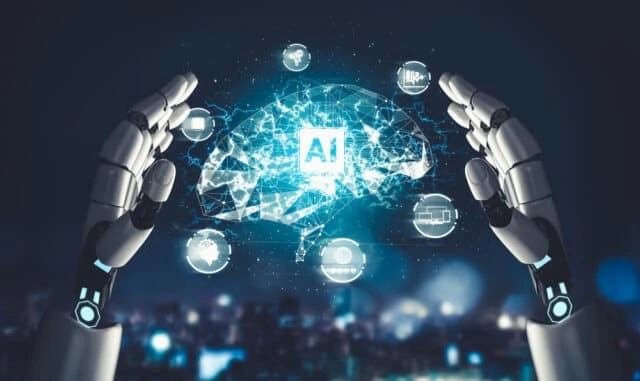
Artificial intelligence in human resources is transforming HR functions by enabling data-driven decision-making and increasing efficiency.
How AI is Revolutionizing HR
- AI-Powered Recruitment – AI analyzes resumes, screens candidates, and matches talent with job requirements.
- Chatbots for Onboarding – AI chatbots answer employee queries and conduct preliminary interviews.
- Predictive Analytics – AI assesses employee sentiment, performance, and attrition risks.
- Personalized Learning & Development – AI suggests training programs based on career growth and company goals.
HR Automation: Streamlining HR Processes
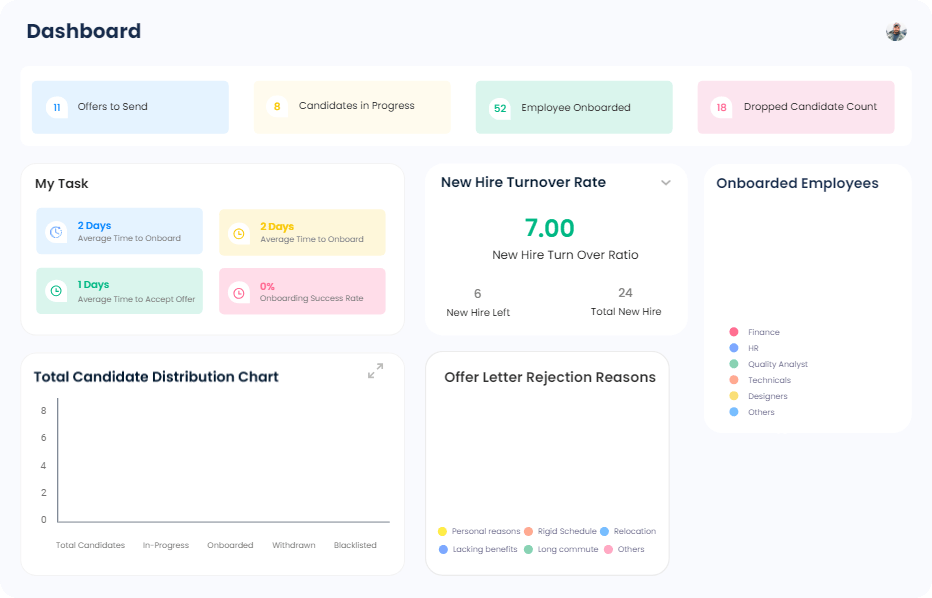
HR automation reduces repetitive and time-consuming tasks, allowing HR professionals to focus on strategy and employee engagement.
Benefits of HR Automation
- Efficient Leave Management – Automates requests and approvals.
- Performance Evaluations – Tracks employee performance with AI-driven insights.
- Benefits Administration – Ensures seamless management of employee benefits.
- Compliance Tracking – Monitors regulatory changes and ensures adherence.
Self-Service HR Portals
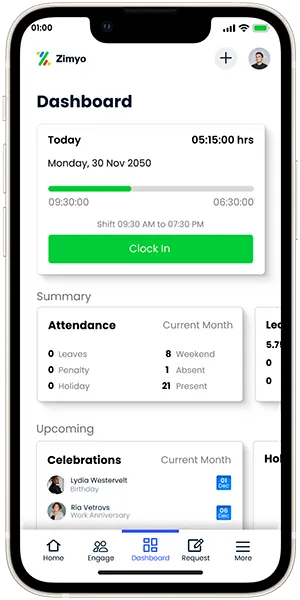
Automation empowers employees to access HR-related information without constant HR intervention.
- Update Personal Records – Employees can modify personal details easily.
- Access HR Policies – Ensures transparency and reduces dependency on HR teams.
- Resolve Queries Instantly – AI chatbots provide real-time answers.







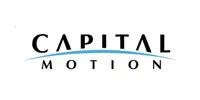

The Future of Payroll Systems: AI-Powered Precision
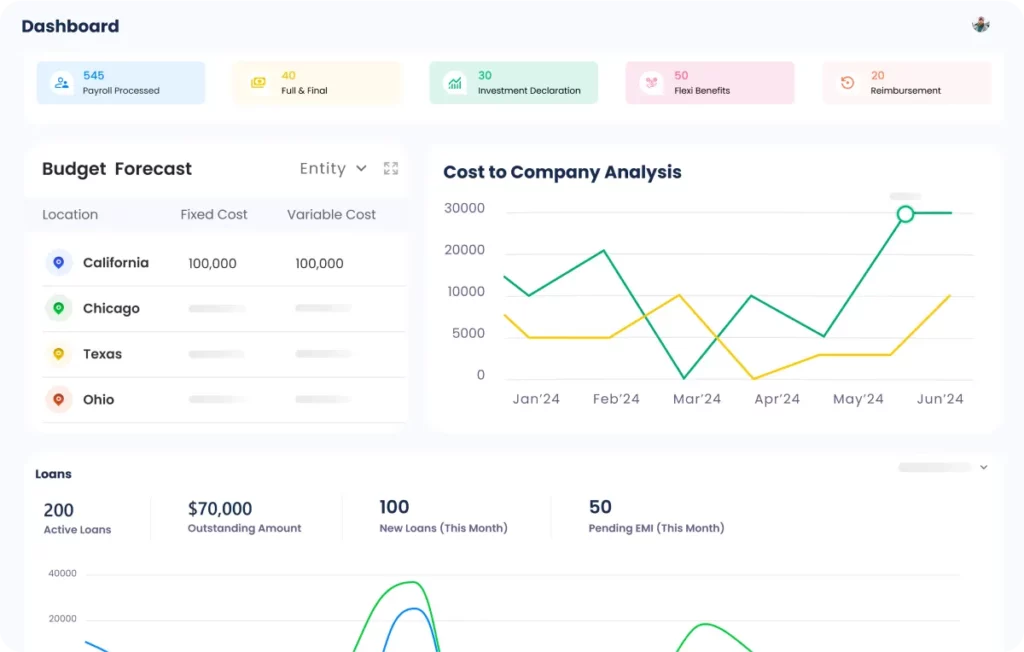
The future of payroll systems is AI-driven, ensuring accuracy, compliance, and seamless integration with financial systems.
How AI Enhances Payroll Management
- Error-Free Salary Calculations – AI minimizes payroll discrepancies.
- Tax Compliance – AI updates tax laws and ensures adherence to regulations.
- Fraud Prevention – AI detects anomalies and prevents payroll fraud.
Timely Salary - Disbursement – Automated payroll ensures on-time payments.
AI-Driven Employee Performance Management
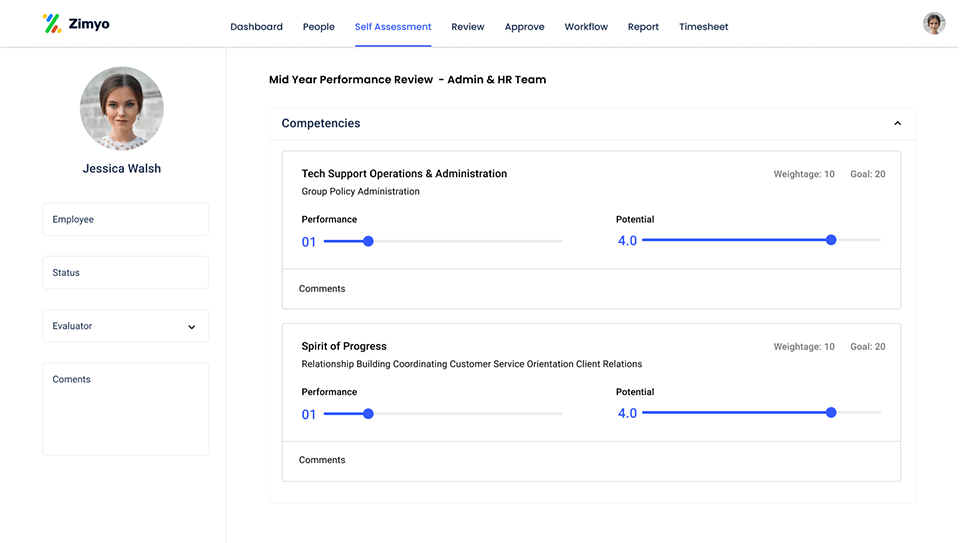
AI is transforming the way companies monitor and enhance employee performance.
Key Advantages
- Real-Time Feedback – AI-powered systems provide instant feedback on employee performance.
- Data-Driven Performance Reviews – AI analyzes key performance metrics for fair and objective evaluations.
- Personalized Goal-Setting – AI suggests customized career development plans.
- Productivity Tracking – AI tools assess work patterns and offer insights to improve efficiency.
Enhancing Workplace Diversity & Inclusion with AI

AI is playing a crucial role in promoting workplace diversity and inclusion by eliminating unconscious bias in HR decisions.
How AI Supports Diversity & Inclusion
- Bias-Free Hiring – AI-driven recruitment ensures fair candidate selection.
- Inclusive Training Programs – AI curates learning modules to foster an inclusive workplace.
- Employee Sentiment Analysis – AI detects workplace issues and suggests improvements.
- Equal Growth Opportunities – AI recommends promotions and career advancements based on merit.









The Road Ahead for HRMS
As businesses embrace HR Software innovations, AI and automation will continue to shape the future of workforce management.
What’s Next in HRMS?
- AI-Driven Workforce Analytics – Offers deep insights into employee performance and engagement.
- Sentiment Analysis – AI predicts employee satisfaction and retention risks.
- Personalized Employee Experiences – Tailors HR interactions for better engagement.
The Crux
The future of HRMS lies in AI, HR automation, and AI-driven payroll systems. Organizations that adopt these innovations will improve efficiency, reduce costs, and enhance employee satisfaction. Embracing artificial intelligence in human resources will help businesses build a future-ready workforce and drive long-term success in the evolving corporate landscape.
I was able to implement the platform on my own. It helps in assigning the tasks to other employees, conducting surveys and polls, and much more. The ease of use and self-onboarding is something that I would like to appreciate.
Sonali, Kommunicate
Zimyo simplifies attendance management for our organization. The leave and attendance are so streamlined that we have never faced any difficulties with the system.
Anurag, Eggoz Nutrition
Frequently Asked Questions (FAQs)
How is artificial intelligence used in Human Resources?
AI helps HR by making hiring faster, improving employee satisfaction, and tracking performance. It can scan resumes, chat with job applicants, and suggest training programs. AI also saves time by handling tasks like payroll, onboarding, and benefits.
What is the responsible usage of AI in HR?
Responsible AI in HR means using AI in a fair, transparent, and ethical way. This includes avoiding bias in hiring, protecting employee data, and ensuring AI decisions are explainable. HR should also combine AI insights with human judgment to make fair and informed choices.
What is the future of HR?
The future of HR will be more digital, data-driven, and employee-focused. AI and automation will handle repetitive tasks, allowing HR to focus on strategy and employee well-being. Personalization, remote work support, and continuous learning will shape the workplace of tomorrow.
How can HR use generative AI?
HR can use generative AI to write job posts, answer employee questions, and create training materials. It can also help understand employee feedback, draft policies, and improve communication. This makes HR work faster, easier, and more helpful for employees.
How are recruiters using AI?
Recruiters use AI to quickly scan resumes, match candidates to jobs, and schedule interviews. AI chatbots answer applicant questions, and predictive tools help find the best talent. This makes hiring faster, fairer, and more efficient.



